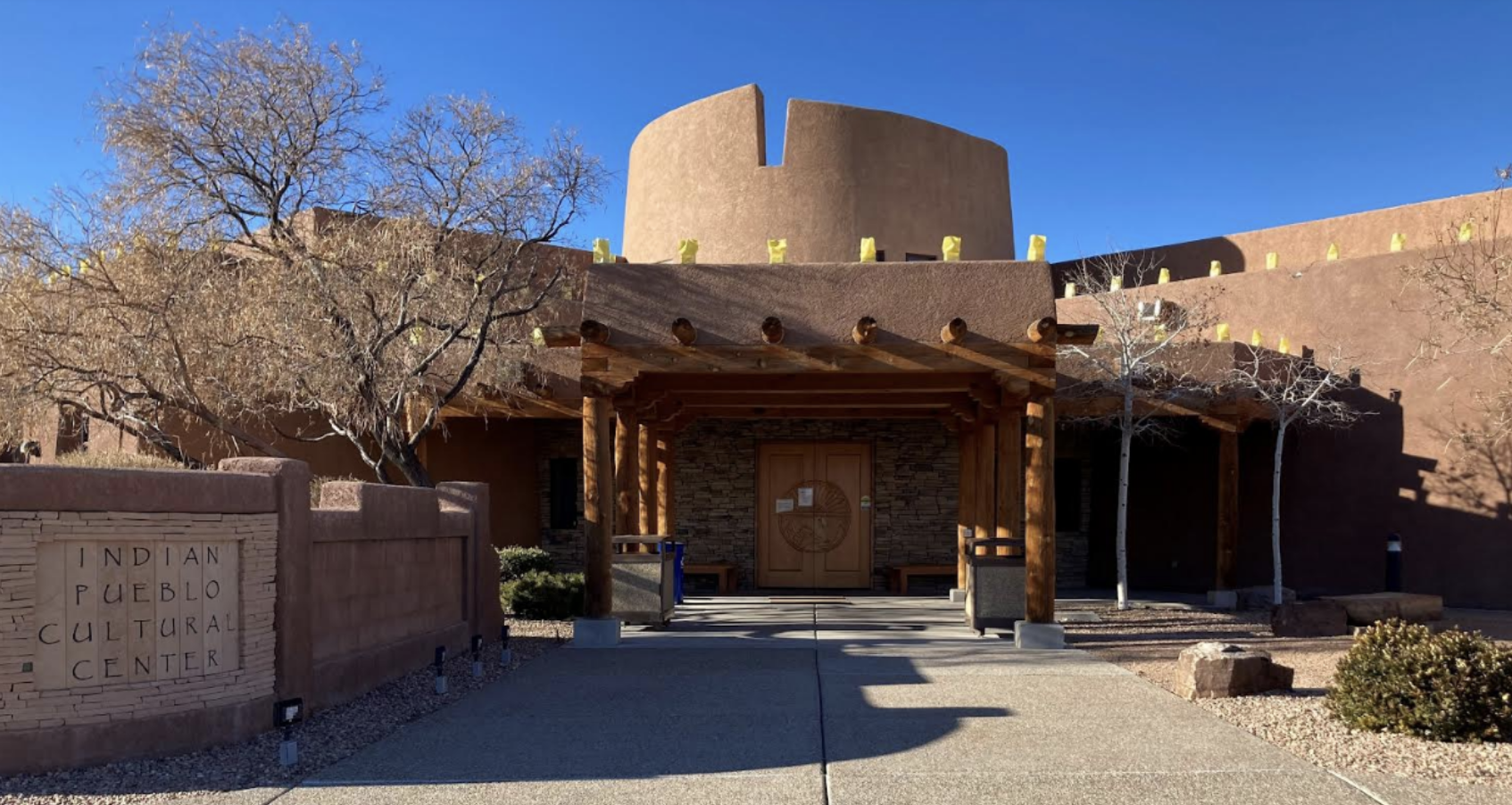
- Details
- By Levi Rickert
Native Vote 2024. Following Indigenous Peoples’ Day and Vice President Harris' ambitious new initiative for rural America, over 70 Tribal leaders and activists from Indian Country have endorsed her presidential campaign. They commend her vision for Indian Country, which aims to support Tribal families, strengthen nation-to-nation relationships, and create pathways for Native Americans to thrive.
On Tuesday, Vice President Kamla Harris and Governor Tim Walz unveiled a plan focused on rural America, encompassing more than 1.3 million Native Americans and their families. Key components include:
-
Enhancing access to affordable, high-quality healthcare in rural areas—especially in Tribal communities—by adding 10,000 healthcare professionals, expanding telemedicine, and reducing ambulance deserts by half.
-
Supporting the "sandwich generation" in caring for elders at home by lowering childcare costs, increasing the number of providers, and expanding the Child Tax Credit to offer up to $6,000 in tax cuts for families with newborns.
-
Reducing the costs associated with home buying, business startups, and family raising—by facilitating the construction of 3 million new housing units, providing up to $25,000 in down payment assistance for first-time homebuyers, and increasing the small business tax deduction for startup expenses tenfold to $50,000.
In sharp contrast, the Trump administration weakened protections for Indigenous peoples and Tribal sovereignty. The extreme Project 2025 agenda proposed by Trump and JD Vance threatens to further harm Tribal communities, jeopardize rural hospitals, increase taxes on average families by nearly $4,000 annually, and regress the country’s progress.
Wednesday’s endorsement comes from the following Tribes:
-
All Pueblo Council of Governors, representing the 20 Pueblos of New Mexico and Texas
-
Chairman Terry Rambler and the San Carlos Apache Tribal Council
-
Steven Wadsworth, Chairman of Pyramid Lake Paiute Tribe
-
Leonard Forsman, Chairman of Suquamish Tribe
And the following Tribal and community leaders in their personal capacity:
-
President Shannon Holsey, Stockbridge-Munsee Band of Mohican Indians
-
Chairman Mark Macarro, Pechanga Band of Indians
-
Vice Chairman Brandon Yellowbird-Stevens, Oneida Nation
-
President Robert Laren Lower Sioux Indian Community in the State of Minnesota
-
Chairman Darrell G. Seki, Sr., Red Lake Band of Chippewa Indians
-
President John Johnson, Lac du Flambeau Band of Lake Superior Chippewa Indians
-
Vice President George Thompson, Lac du Flambeau Band of Lake Superior Chippewa
-
Former President Jon Greendeer, Ho-Chunk Nation
-
Chairman Robert Miguel, Ak-Chin Indian Community
-
President Buu Nygren Navajo Nation
-
Vice President Richelle Montoya, Navajo Nation
-
Vice Chairman Dwight Lomayesva, Colorado River Indian Tribes
-
Chairman Roland Maldonado, Kaibab Paiute Tribe
-
Chairman Verlon Jose, Tohono O'odham Nation
-
Vice Chairwoman Carla, Johnson, Tohono O'odham
-
Tribal Chief Kirk Francis, Penobscot Nation
-
Vice Chairman Dino Beltran, Koi Nation of Northern California
-
Chief Robert Burkybile III, Modoc Nation
-
Chairman Jack Eldon Potter Jr., Redding Rancheria
-
CEO Tracy Edwards, Redding Rancheria
-
Chairwoman Cathi Tuni, Fallon Paiute-Shoshone Tribe
-
Vice Chairman Carlton H Hendricks, Mashpee Wampanoag Tribe
-
Chairman Darryl Brady, Yomba Shoshone Tribe
-
Chairman Elwood L. Emm, Yerington Paiute Tribe
-
Chairwoman Dackota York, Fort McDermitt Paiute Shoshone Tribe
-
Vice Chairwoman Justina Paradise, Fort McDermitt Paiute Shoshone Tribe
More Stories Like This
Native News Weekly (August 25, 2024): D.C. BriefsUS Presidents in Their Own Words Concerning American Indians
Federal Judge Orders ICE to Halt Use of Pepper Spray, Arrests of Peaceful Protesters in Twin Cities
Tunica-Biloxi Cultural Leader John D. Barbry Walks On
Next on Native Bidaské: Federal ICE Activity in Minneapolis: Ruth Buffalo’s Perspective
Help us defend tribal sovereignty.
At Native News Online, our mission is rooted in telling the stories that strengthen sovereignty and uplift Indigenous voices — not just at year’s end, but every single day.
Because of your generosity last year, we were able to keep our reporters on the ground in tribal communities, at national gatherings and in the halls of Congress — covering the issues that matter most to Indian Country: sovereignty, culture, education, health and economic opportunity.
That support sustained us through a tough year in 2025. Now, as we look to the year ahead, we need your help right now to ensure warrior journalism remains strong — reporting that defends tribal sovereignty, amplifies Native truth, and holds power accountable.
 The stakes couldn't be higher. Your support keeps Native voices heard, Native stories told and Native sovereignty defended.
The stakes couldn't be higher. Your support keeps Native voices heard, Native stories told and Native sovereignty defended.
Stand with Warrior Journalism today.
Levi Rickert (Potawatomi), Editor & Publisher


